|
In the Washington DC Metropolitan area there exists a ferris wheel at the National Harbor, an upscale place where you can go shopping or you can pleasantly sit next to its surrounding lake. It is a place of happiness and joy. A ferris wheel is also located almost 10,000 miles away in Cape Town, South Africa, at the V&A Waterfront. It is also a place of happiness, where there exists many upscale shopping venues. Once you are done shopping you can seal it off with a quick thrill on a ferris wheel, right here at the V&A Waterfront.
It's where Western attire is the norm and women look fabulous, walking in their seven-inch heels and the men look fashionable in their name-brand suits and designer shoes. It's where you'll find most people driving a Mercedes or a BMW, and some truly enjoying their fancy cars by speeding down the paved roadways. The walls of the shopping mall, right at the ferris wheel, are marble and beauty is in abundance. Everyone speaks in English and American music is heard in most places. You'll find many of the Africans working in this mall using their English names, which makes it so much easier for the tourists, Colored and Afrikaners to pronounce. The place is flawless and the people are happy, it truly is where perfection exists. Approximately 30 minutes away from this this lap of luxury is a township called Khayelitsha. In this shanty town extreme poverty exists. There are no upscale shopping centers and no ferris wheel is in site. On first glance, you'll assume that this must be a place of sadness, anger, rampant crime, and total despair. However, once you give Khayelitsha more of your valuable time, you'll realize that something very precious penetrates through its very unfavorable first impression. In Khayelitsha, you'll hear people clicking their tongue as they speak and people being called by their African names. This truly is the land of the Blacks: where there exists no tourists, no Afrikaners, and the Coloureds are rare. The dirt roads are rocky and reminiscent of an old-time cowboy era. In this shanty town, you'll see families living in barely-put-together tin homes built in really tight proximity. Fancy cars are not an option, in fact, most people do not have transportation, but you might see a broken up junk car in a driveway or two. In Khyelitsha, marble does not exist nor does drywall. Many of the walls are made of tin and torn down cardboard boxes line some of the inner walls. There is also no running water in one's home, instead residents share a community pipe. When it's time to bathe they use a small plastic tub. No bathrooms exist in the homes, instead many residents have to run across a public road, on the other side of the street to access the public toilet, and when they arrive hopefully their neighbors will be kind enough to give them a key to a public toilet--you see, the other side of the street does not have public toilets, just yet. But their neighbors are kind and they are kinder neighbors than I have ever known, even in what's dubbed as a "middle class" neighborhood in America. In Khyelisha, neighbors visit one another often and they share food. They can even walk into one another's home without knocking. The people living in these places of despair have no resentment in their heart, instead they are very happy and kind and they smile a lot. They will treat you as if their life goal is to make you happy and to feel comfortable. It's like you are a friend of theirs before the relationships is even established. So you don't have to prove yourself worthy of respect in Khyelisha, and people will not ask you what your profession is to see how well they should really treat you. They do not check-you-out from head to toe to see who looks better. Instead, you automatically earn their respect by simply being another life form on this planet (even the dead ancestors are revered). They treat you so well, that you start feeling really good. In this dark place, comprising of only Black Africans, parents do not even have to fear someone kidnapping their child, so the little children walk around freely and play happily by themselves. Even the dogs must have caught onto African culture because they are also kind to you: the dogs of Khyelisha are not on leashes and they don't bark at you, instead they just walk past you like they too are living in their own houses on the street. In reality, the people of Khyelisha may never get a chance to ride on the ferris wheel at the National Harbor or the one at V&A Waterfront, and there might never be one constructed in their neighborhood. But after our experiences in the shanty town, we really wonder if the quick thrills of a ferris wheel ride or even in the purchase of luxury items is really necessary once a person becomes filled with the constant display of respect, kindness, love, laughter, commitment, dignity, and self-worth--some of the truest and purest forms of human expression. However, the values in Khyelisha are rare, and the Black Africans in South Africa have also learned to feel inferior to others because their larger society has not been so kind. To tell it plainly, the system in South Africa has been run by magicians. For over a century, this system--created by the British and continued by the Afrikaners--has been to transform what is make-believe into reality. So these Africans have grown up in a system that says the Afrikaners & Whites are superior, the Coloured are in between, and everyone else should be at the very bottom of society. I believe that there is truth in the adage, "if told something long enough, you'll start believing it." In the error of Apartheid the entire world came together to support the Black Africans and to end a brutal and cruel system of racial oppression, but we cannot stop observing South Africa simply because of the legal end to Apartheid. Just like the residues of the legacy of slavery are widespread in the United States of America, so has the legacy of apartheid maintained an institutionalized form of racism. It's a fact that most Black Africans are still suffering from extreme poverty in South Africa and only a very small number of Black elites exist. Most of the businesses are still controlled by the Whites, most of the property is still owned by the Whites, and Black people are practically destined to a life of extreme poverty, in the midst of so much excess wealth and prosperity in South Africa. However, the burden of an unjust system should not just be placed on the Black South Africans to bear alone, instead the world community, especially Africans of the Diaspora need to learn about what's really occuring in South Africa, they must write about it and spread the message, in order to force the movement toward social justice and true democracy. Because even though the residents of Khyelitsha probably aren't worried about the lack of a ferris wheel in their town or of upscale shopping centers, they should still be granted the right to have a choice in the matter of whether to endorse them or not. Tiffany & Kennard
6 Comments
|
Authors: Tiffany & Kennard CopelandWe are a husband and wife team, who reside in Washington DC and are living our dreams by interacting with people and experiencing cultures from around the world. Our goal is to use our lives to make the greatest possible contribution to humanity ArchivesCategories |
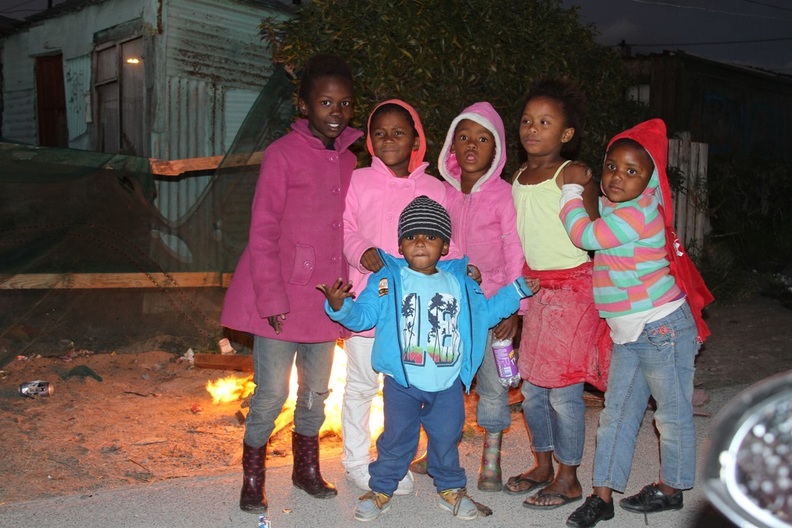
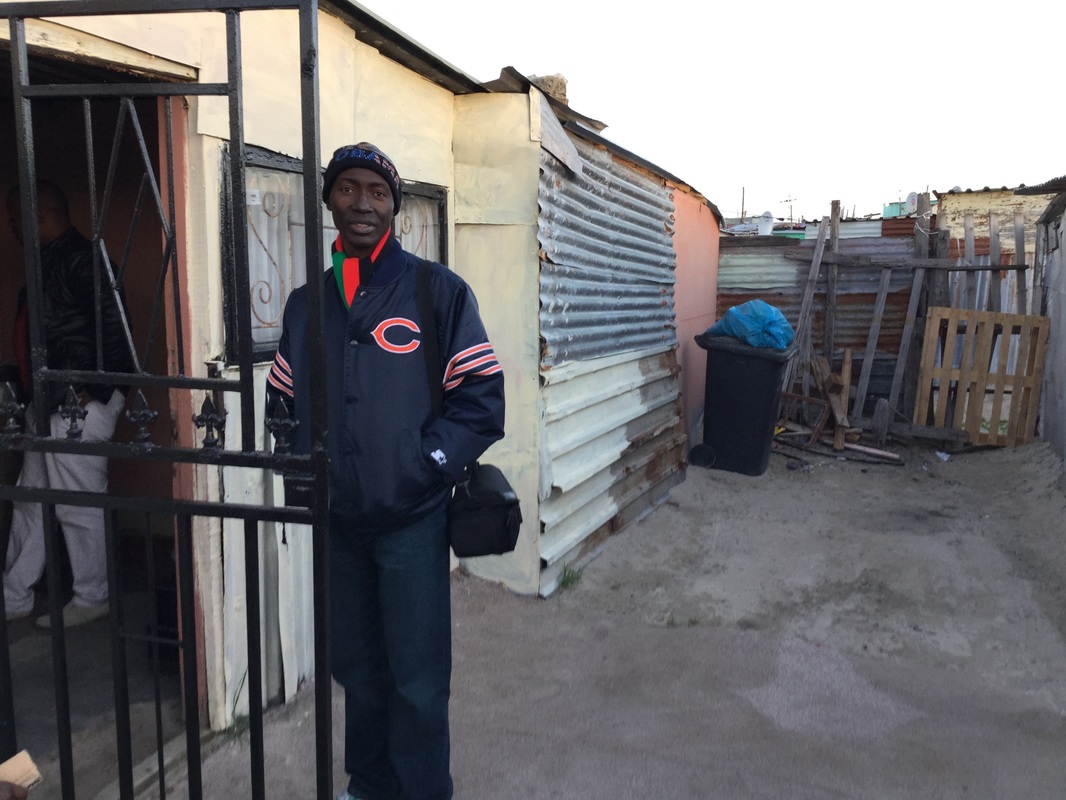
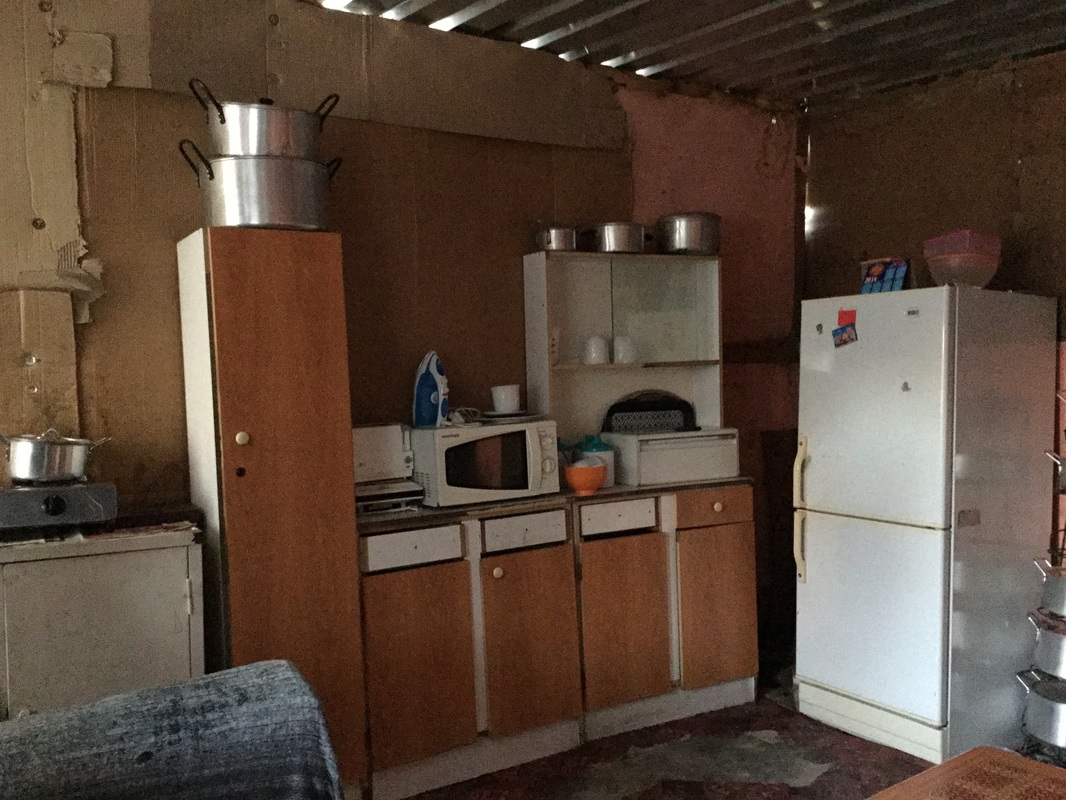
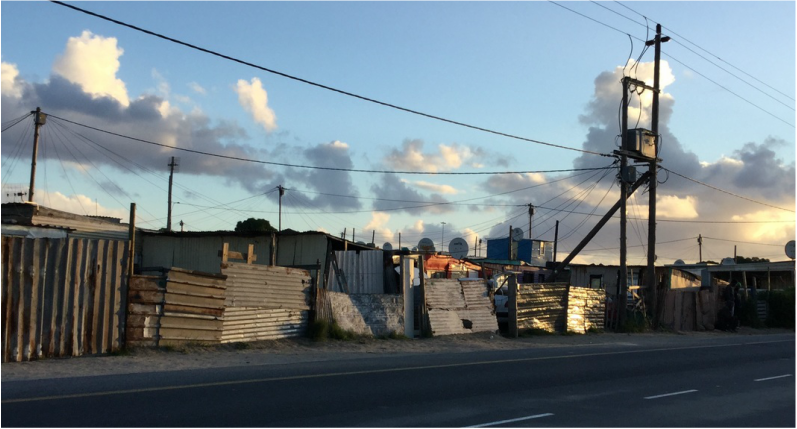
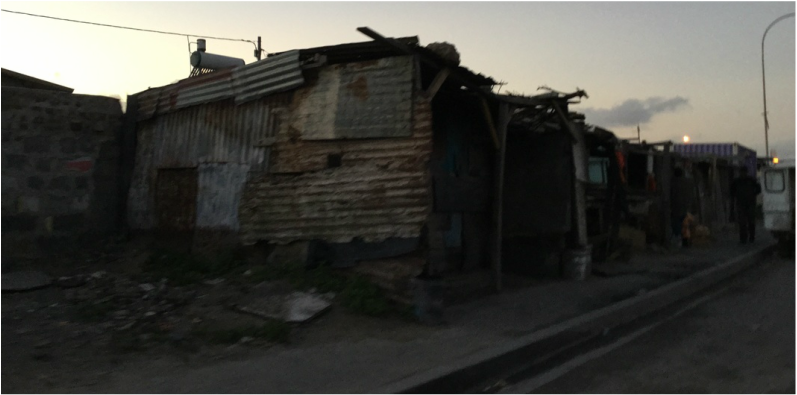
 RSS Feed
RSS Feed
